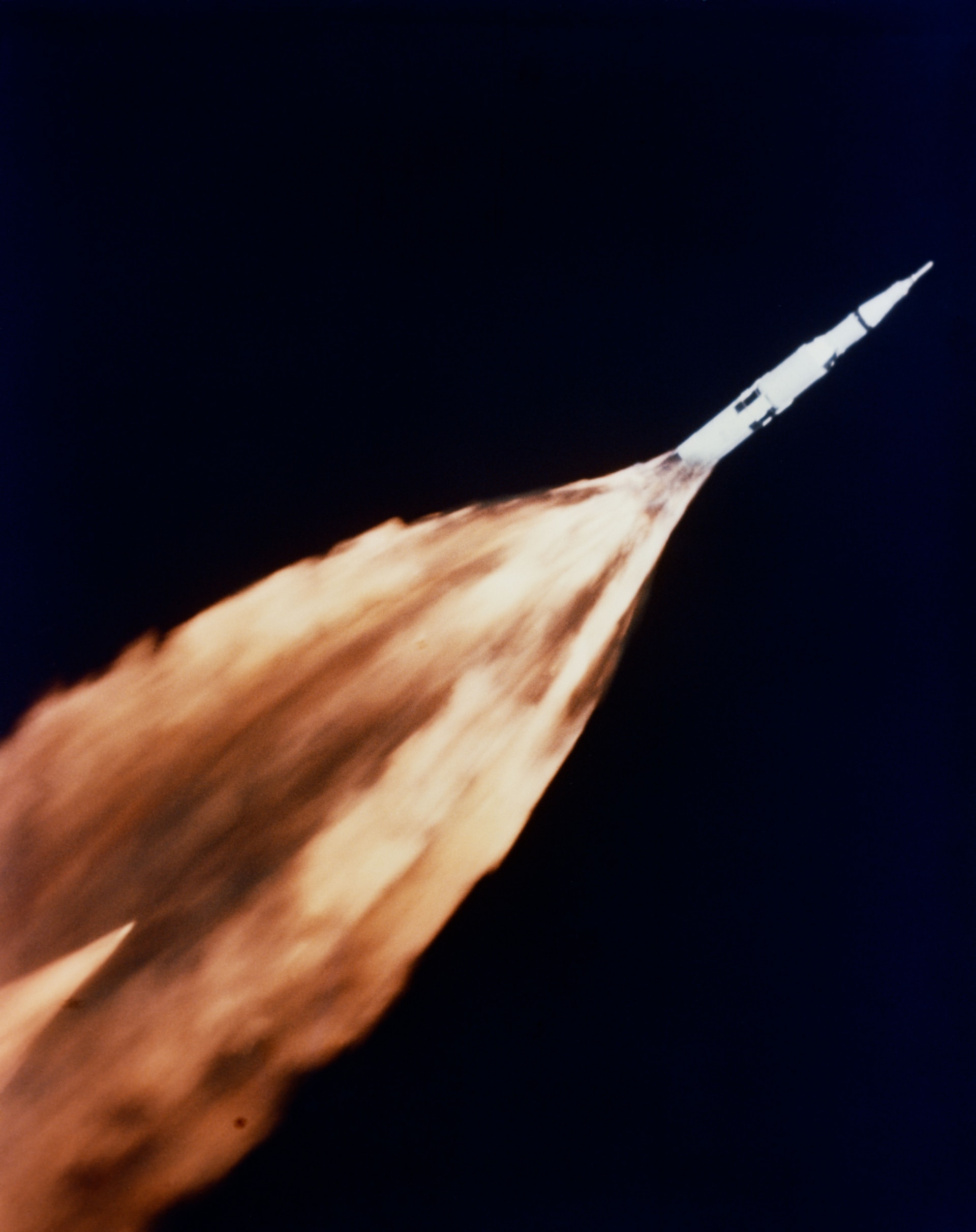North Korea’s recent missile mishap has made headlines worldwide, with experts labeling it as the country’s “gravest failure” in the realm of missile launches. This article aims to delve into the incident, providing insights into the factors that led to the failure and the implications it holds for North Korea’s missile program and global security.
The Failed Missile Launch
On [date], North Korea attempted to launch a missile from [launch site] as part of its ongoing missile program. However, shortly after liftoff, the mission encountered a critical failure, resulting in the missile’s deviation from its intended trajectory and eventual crash. While the exact cause of the failure is yet to be determined, initial assessments suggest technical issues with the missile’s propulsion system as a possible factor.
Technical Challenges and Implications
The failed missile launch sheds light on the significant technical challenges faced by North Korea in developing and testing advanced missile systems. Building reliable and accurate missiles requires sophisticated engineering, rigorous testing, and advanced technological capabilities. The mishap underscores the complexity of such endeavors and highlights the difficulties North Korea faces in achieving consistent success with its missile program.
Beyond the technical aspects, the failed launch carries broader implications for North Korea’s missile program and global security. North Korea’s pursuit of long-range ballistic missiles and nuclear weapons has been a subject of concern for the international community due to its potential threat to regional stability and global security. The failure of this launch raises questions about the reliability and effectiveness of North Korea’s missile capabilities, affecting strategic assessments and diplomatic discussions regarding the country’s military intentions.
Reactions and Future Outlook
The failed missile launch has triggered responses from various countries and international bodies. Concerns have been expressed regarding the potential danger posed by North Korea’s missile program and the need for continued monitoring and countermeasures. Calls for increased sanctions, diplomatic pressure, and engagement with North Korea have been reiterated as part of efforts to address the security challenges posed by the country’s missile ambitions.
Looking ahead, the incident highlights the importance of sustained international efforts to address North Korea’s missile program and its potential destabilizing effects. Diplomatic channels and negotiations remain crucial in finding peaceful resolutions and mitigating the risks associated with North Korea’s missile development. The incident serves as a reminder of the need for enhanced global cooperation and coordination to ensure regional stability and prevent the proliferation of advanced missile technology.
Conclusion: Lessons Learned and Ongoing Challenges
The failed missile launch by North Korea represents a significant setback for the country’s missile program. It underscores the technical difficulties faced by North Korea and raises doubts about the reliability of their missile systems. The incident also highlights the importance of global efforts to address North Korea’s missile ambitions and ensure international security.
As the international community continues to monitor and respond to North Korea’s missile program, it is essential to learn from these failures and assess the evolving threat landscape. Ongoing dialogue, diplomatic engagements, and effective multilateral mechanisms will be crucial in promoting peace, stability, and non-proliferation efforts. The failed launch serves as a reminder of the challenges posed by North Korea’s missile activities and the importance of sustained international cooperation in addressing them effectively.











